Israel is indeed one of the largest consumers of meat – we rank fourth in the world in red meat consumption and first in poultry consumption. But at the same time, the trend of veganism has also swept the country at record speed in recent years, and at the same time, the Israeli foodtech industry is taking the issue of creating meat substitutes a few steps forward and bringing Israel to the forefront of the field.
More and more vegan restaurants are opening up throughout the country and vegan dishes can already be found in almost every café and restaurant. Vegan street food is no longer just falafel and sabih – and those who opt for animal-free diets can enjoy countless 'meaty' dishes made from plant-based substitutes.
One of the fastest growing foodtech companies in Israel is More Foods. Just a few days ago, the veteran Dabush Shawarma also started serving pita bread with shawarma from the company's products in its branches. The price, by the way, in the chain that opened its first branch in 2001 on Ibn Gvirol Street in Tel Aviv, is NIS 51, similar to the price of a regular shawarma dish in branches.
Vegan shawarma in Dabush, photo: PR
The Israeli company began marketing its products in January last year and has already entered about 100 locations across the country, with an emphasis on restaurants and food chains. Among other things, dishes from its products are served in the Mexican food chain "Mexicana", in the street food branches of "Pita Basta", in the BUTI café in Tel Aviv and in the meat restaurant "Paris Texas" in Ramat Gan. Recently, it has also begun distributing its products in chains in France and the United States.
"I stopped eating animal products about six years ago and four years ago I realized that I wanted to devote all my time and energy to trying to reduce animal exploitation in the food industry," says Leonardo Markowitz, the company's entrepreneur and CEO. He adds: "I realized that I wanted to provide people with delicious options that satisfy their need to eat meat and that's basically what we do."
Can a serving of shawarma from your product really replace the real thing?
"Many companies call their products 'meat substitutes.' We never use this term because when people come with the expectation of a food that resembles meat, even if it tastes very good, they are disappointed. We simply create a delicious bite, food that has a high amount of protein and brings satiety. At the same time, many people who eat our product also say that it is very 'meaty.'"
"They don't call it a substitute" - a dish from Mor Foods' product, photo: Assaf Menachem
More than thirty percent are interested in reducing meat consumption
Markowitz, who studied biomedical engineering, started the venture about three years ago, when he started exploring different ways to make tasty and healthy vegetarian products. "In developed countries, more than thirty percent of the population wants to reduce meat consumption. The main reason for this is that they want to live healthier lives," he says, adding that "however, many products in the meat substitute industry are not considered healthy by those people because the raw materials that comprise them and are listed on the packaging, are not understood by readers or because they contain preservatives, etc."
Made from residues obtained from seed oil extraction,
Israel today is considered a superpower in the field of foodtech and there is great competition in the field, what makes you unique?
"Our product is a 'clean label', meaning that there are no unrecognizable raw materials on its packaging and it is free of E additives. In addition, unlike most companies in the field, which produce their meat substitutes from soy, seitan or peas, we produce our products from leftover pumpkin seeds and sunflower seeds that remain in the process of producing oil from those seeds. As a result, we get raw material with a high protein percentage (27% protein per 100 grams), more iron than meat, fiber and calcium."
As part of Israel's flourishing foodtech industry, More Foods works alongside other companies, such as: Israel's Redfine Meat, whose plant-based protein-based meat substitutes are already sold in more than 250 restaurants in Israel, Germany, the Netherlands and the UK; SavorEat, whose robot-chef prints burgers based on plant-based protein; Future Meat, which develops cultured meat; Aleph Farms; and a host of Israeli startups developing various products based on plant-based protein or meat.
Wrong? We'll fix it! If you find a mistake in the article, please share with us

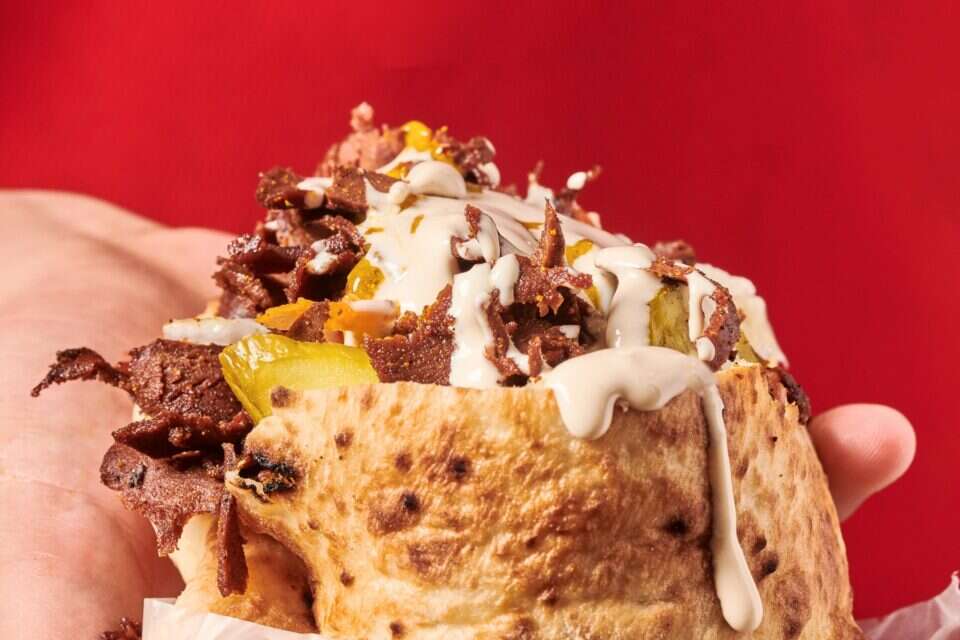
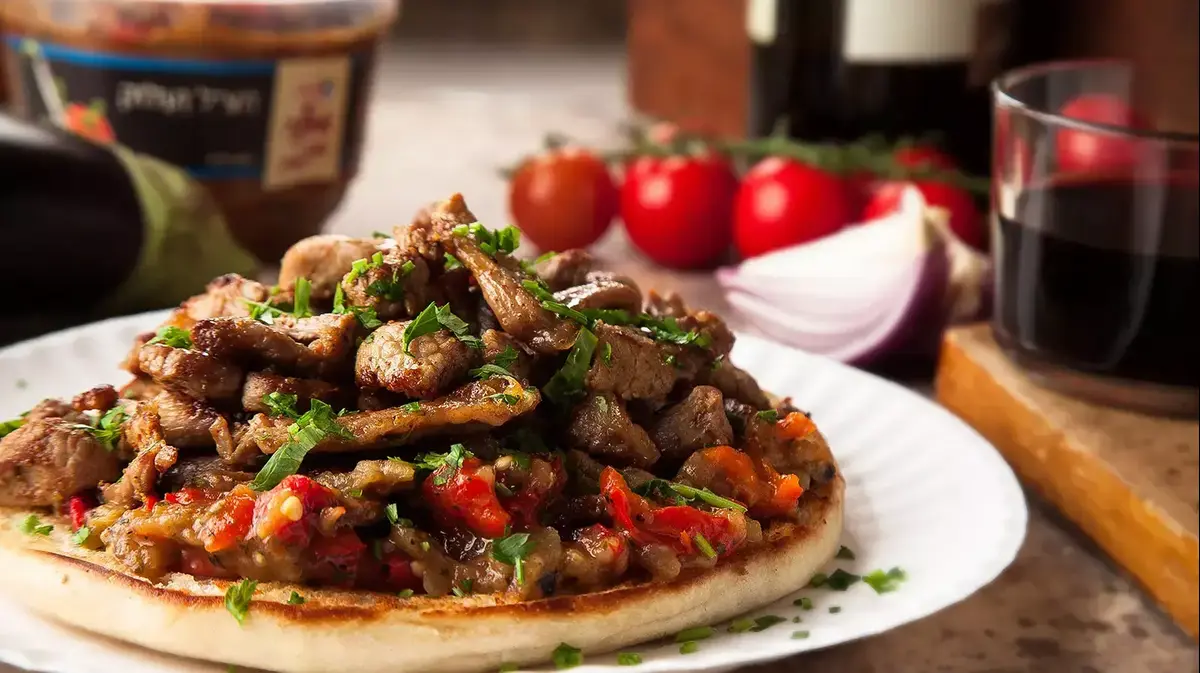
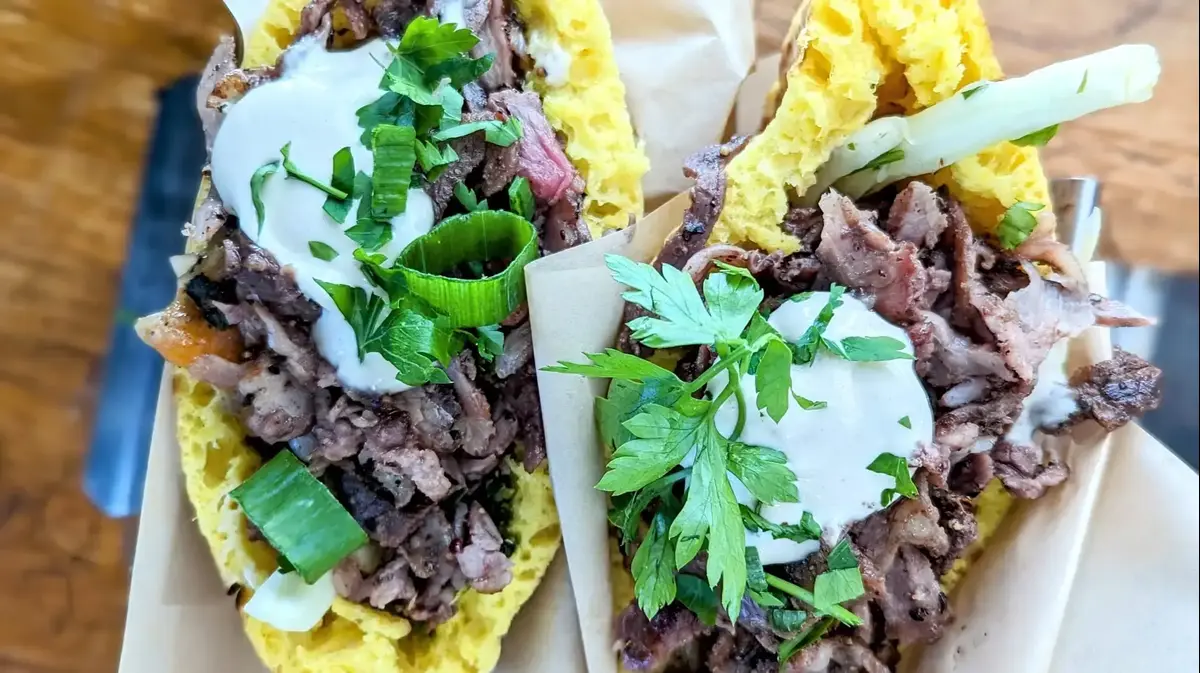
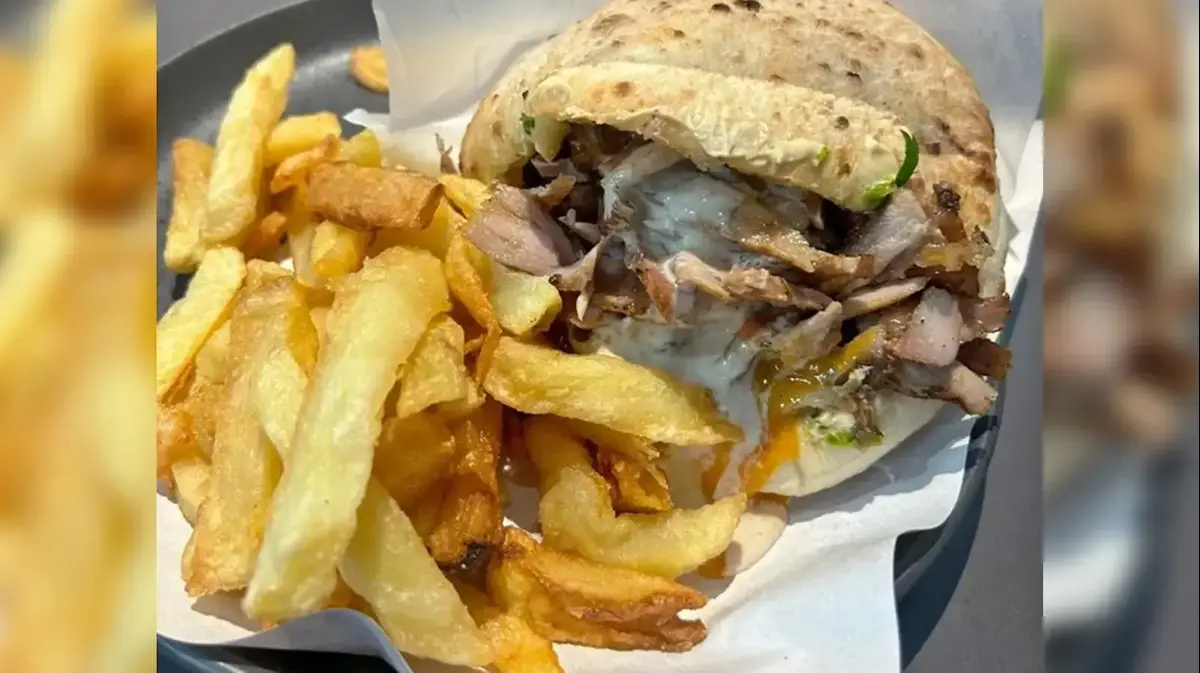
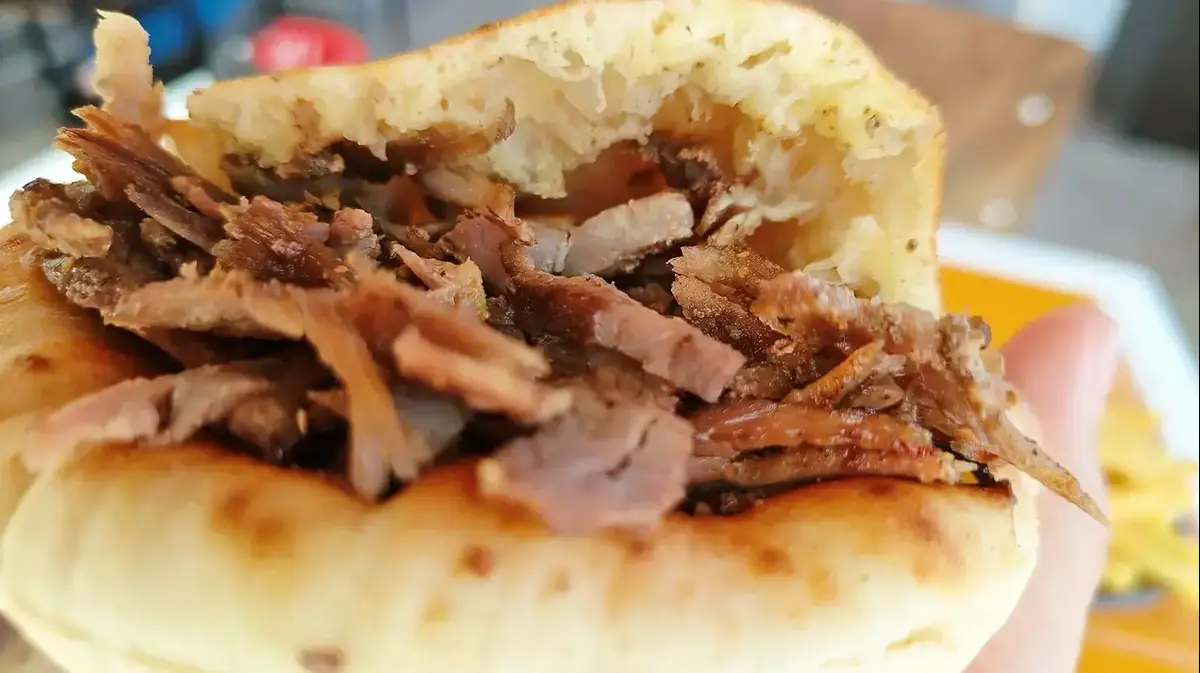

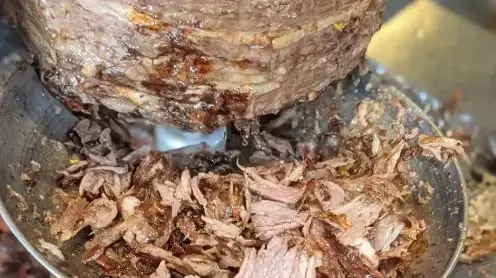

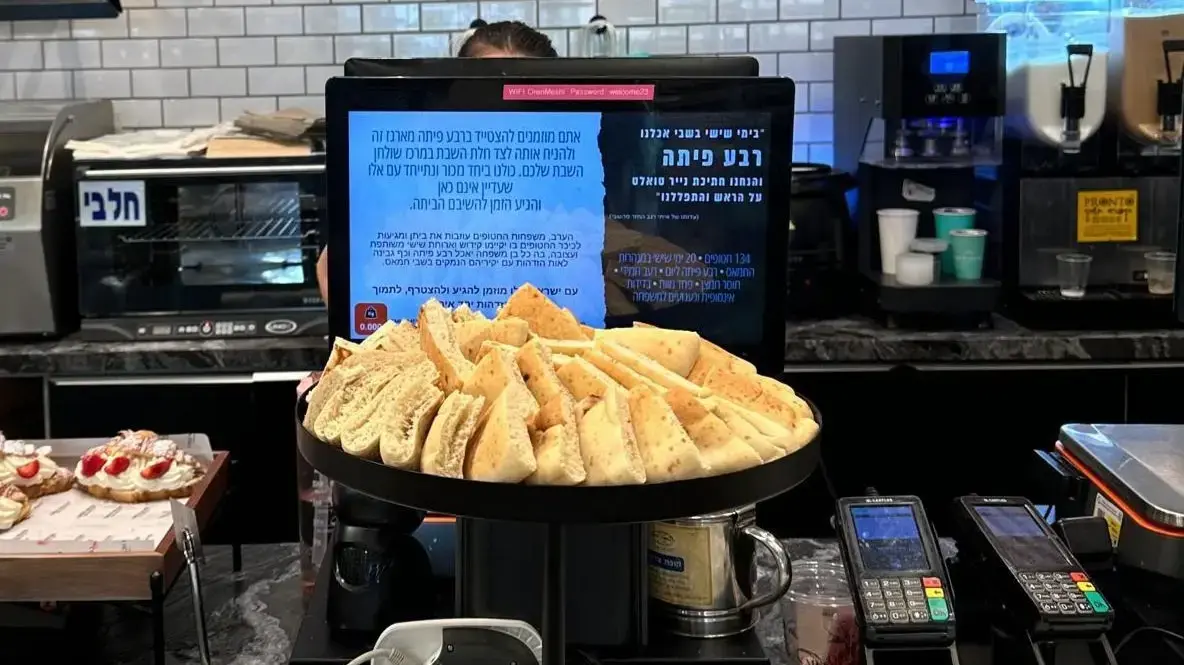


/cloudfront-eu-central-1.images.arcpublishing.com/prisa/KMEYMJKESBAZBE4MRBAM4TGHIQ.jpg)


